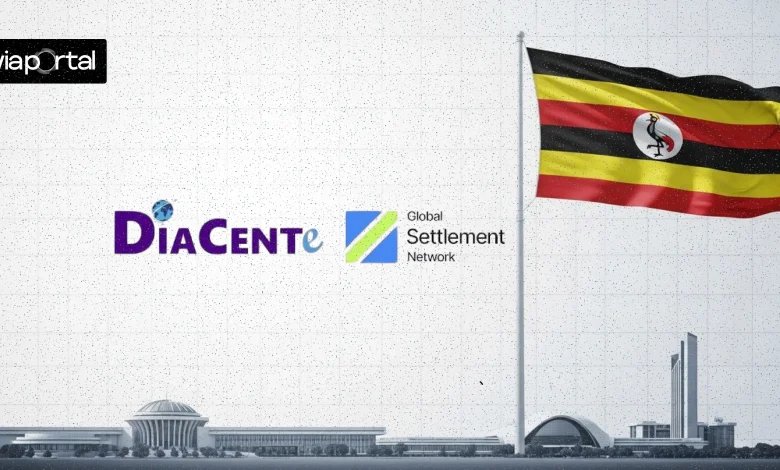AI is no longer a futuristic concept it’s here, and it’s transforming how we solve some of the hardest problems in finance.
For those of us working to expand financial inclusion across Africa, one challenge has always remained: how do we get capital to the people and sectors that mainstream finance overlooks at scale?
Blended finance has been part of the answer, helping de-risk investments and draw private capital into markets that would otherwise be considered too risky.
But the model still struggles with last-mile reach. AI has the potential to change that by helping us understand risk differently, bring down transaction costs, and deliver truly inclusive financial solutions.
Breaking the Data Barrier
One of the biggest obstacles in underserved markets is the lack of reliable data. Too many entrepreneurs and communities remain invisible to formal finance simply because they lack a credit history.
AI can unlock new ways of looking at risk by using alternative and even non-traditional data sources from mobile money patterns to satellite data and yes, even intellectual property (IP) for the creative economy.
A filmmaker’s distribution rights, a musician’s streaming royalties, or a fashion designer’s digital designs can now be part of a credible financial profile.
With better, richer data, we can generate fairer credit scores, reduce information asymmetry, and help investors deploy capital with confidenc; Its about unlocking real, bankable asset that’s been hidden in plain sight.
Designing with People in Mind
AI gives us the ability to design for people, not just averages. Imagine this: a dairy farmer in Meru, a fintech founder in Lagos, and a fashion entrepreneur in Dakar each receiving a financing solution tailored to their cash flow realities, seasonality, and risk exposure.
When those solutions are paired with blended finance structures that share or absorb first loss, we create a powerful mechanism to shift capital into underinvested sectors. This is how we go beyond just “access” to actually enabling growth, jobs, and resilience.
Measuring What Matters
As we unlock more capital, we must also hold ourselves accountable for outcomes. AI enables us to move from activity-based reporting (“we disbursed X loans”) to outcome-based finance (“we improved income stability by Y% or created Z jobs”).
Real-time impact tracking on gender equity, climate resilience, or education outcomes allows us to build financing structures where returns are tied not only to repayment, but to positive social results. That’s how we align incentives across investors, governments, and communities.
Cutting Costs, Building Trust
High transaction costs have long limited blended finance from reaching smaller deals. AI-powered due diligence, automated KYC, and digital monitoring can bring these costs down significantly, making smaller, high-impact deals commercially viable.
Just as importantly, automation improves transparency and timeliness of reporting both critical for winning investor confidence and scaling capital flows.
Expanding Market Access
Sub-Saharan Africa’s MSME financing gap is estimated at $330 billion. AI-driven digital platforms are starting to close that gap by efficiently matching entrepreneurs, cooperatives, and community projects with blended finance instruments.
This is more than democratizing access it’s diversifying capital flows beyond high-profile sectors into areas like rural renewable energy, healthcare infrastructure, and education. In other words, capital goes where it can have the most transformative impact.
The Opportunity Ahead
The intersection of AI and blended finance is one of the most exciting frontiers for inclusive growth. But it must be done thoughtfully, with strong governance and ethical guardrails to prevent bias and deepen not widen inclusion.
AI then enables finance to be more efficient just, responsive, and impactful. And that, for me, is where the real promise lies.
About the Author
Pam Mutembei is a finance, impact and corporate leader with over 20 years of experience driving purpose-led growth across Africa.
She pioneers innovative financing solutions for enterprises, unlocking jobs, market access and sustainable economic growth.
Founder of This Girl Boss Hustle, she has empowered over 500 women entrepreneurs, advancing gender equality and economic opportunity.
She chairs the Audit Committee of a Kenyan government parastatal, serves on advisory boards and is an active voice in Women on Boards and Women in Africa Investments.
Recognized with awards including Champion of Change in the Workplace and Rising Star semi-finalist, Pam is a sought-after speaker and advisor on inclusive finance, SME growth and women’s leadership leveraging her global networks across government, business and society to shape an equitable, innovative and prosperous future for the continent.






Leave a Reply